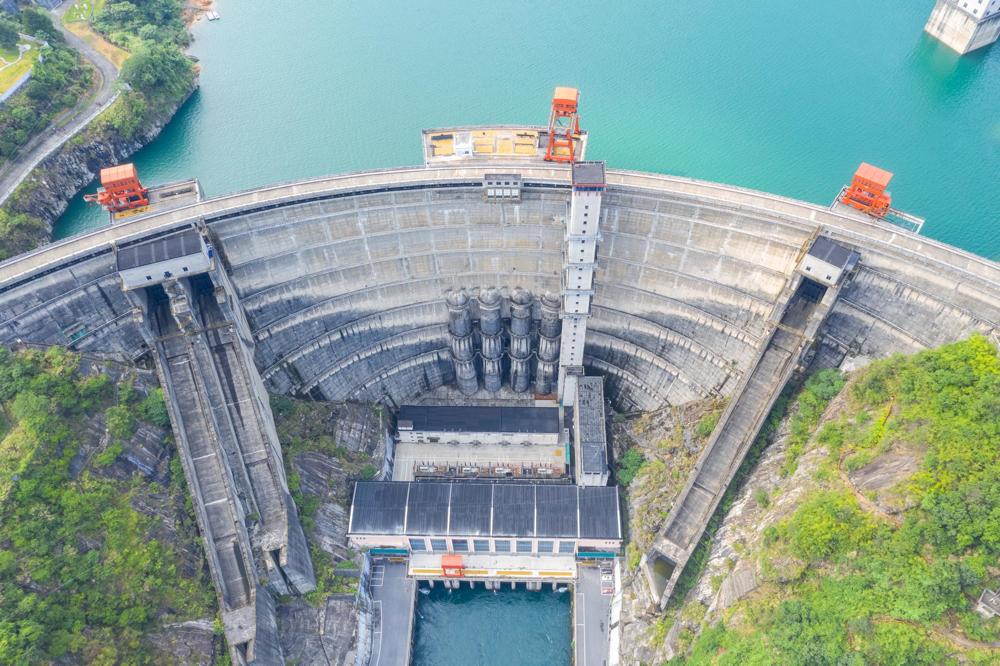Opyce Blog
The importance of hydropower in the transition to decarbonizatio
Wednesday, 17 May 2023

Combating climate change and reducing carbon emissions have become global priorities. To achieve a successful transition to a low-carbon economy, it is essential to seek clean and renewable energy sources to replace fossil fuels. In this context, hydropower plays a crucial role in the transition to decarbonization. In this article, we will explore the importance of hydropower and how it contributes to the reduction of carbon emissions.
- Hydropower as a renewable energy source: Hydropower is a form of clean, renewable power generation that harnesses the power of moving water to produce electricity. Hydropower plants can range in size from small local power plants to large dam-scale projects. Hydropower is highly efficient and can generate large amounts of electricity on a consistent basis.
- Contribution to carbon emissions reduction: One of the greatest advantages of hydropower is its ability to reduce carbon emissions. By not using fossil fuels, hydropower plants do not emit carbon dioxide (CO2) or other greenhouse gases during electricity generation. This helps to reduce the carbon footprint and mitigate climate change.
- Large-scale generation potential: Hydropower has significant potential for large-scale electricity generation. Large hydropower projects, such as dams, can generate massive amounts of electrical power to meet the demands of industries, communities, and entire cities. This is especially beneficial in the transition to decarbonization, as large-scale power generation is needed to replace polluting sources.
- Additional benefits of hydropower: In addition to its contribution to decarbonization, hydropower offers additional benefits. The reservoirs created by dams can be used to store water and control floods. In addition, hydropower is highly reliable and predictable, making it a stable source of energy for electricity supply.
- Challenges and considerations: Despite its many benefits, hydropower also presents challenges and considerations. These include the disruption of river ecosystems and the relocation of local communities in large-scale projects. However, with the right approach to planning and mitigation of environmental and social impacts, these challenges can be overcome.
At Opyce we contribute to decarbonization. We help you find clean and renewable energy sources, contact us for more information.